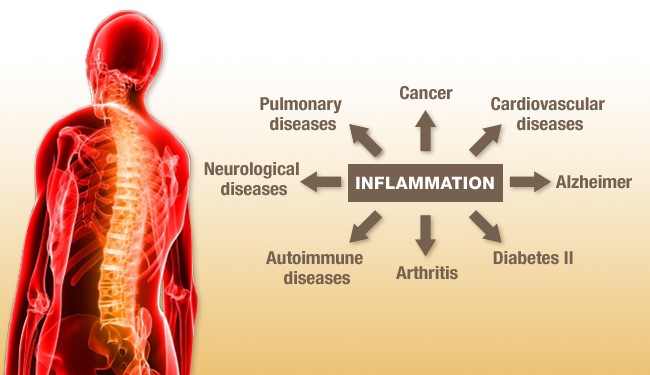
GIP GLP-1 is a dual glucagon-like peptide-1 (GLP-1) and glucose-dependent insulinotropic polypeptide (GIP) receptor agonist. It works by mimicking the actions of these hormones, which help to regulate blood sugar levels, improve insulin sensitivity, and promote weight loss.
Anti-Inflammatory Effects:
Studies have shown that GIP GLP-1 can reduce inflammation in several ways:
Lowering inflammatory biomarkers:
GIP GLP-1 has been found to decrease levels of inflammatory biomarkers, such as C-reactive protein (CRP) and interleukin-6 (IL-6).
Suppressing immune cells:
GIP GLP-1 can suppress the activity of inflammatory immune cells, such as macrophages.
Modulating cytokine production:
It can regulate the production of pro-inflammatory cytokines, such as tumor necrosis factor-alpha (TNF-alpha).
Improving insulin sensitivity:
By improving insulin sensitivity, GIP GLP-1 can reduce the inflammation that is often associated with insulin resistance.
Benefits of Anti-Inflammatory Effects:
The anti-inflammatory effects of GIP GLP-1 may provide several benefits, including:
Reducing the risk of cardiovascular disease:
Inflammation is a key contributor to cardiovascular disease. By reducing inflammation, GIP GLP-1 may help to protect the heart.
Improving metabolic health:
Inflammation is also linked to metabolic disorders, such as obesity and diabetes. GIP GLP-1's anti-inflammatory effects may help to improve these conditions.
Improving cognitive function:
Inflammation in the brain can contribute to cognitive decline. GIP GLP-1 may help to improve brain health by reducing inflammation.
Conclusion:
GIP GLP-1 has anti-inflammatory effects that may contribute to its benefits for treating type 2 diabetes and obesity. By suppressing inflammatory biomarkers, modulating immune cell activity, and improving insulin sensitivity, GIP GLP-1 can help to reduce inflammation throughout the body.
A medical weight loss program like Lux Med Concierge is able to provide you with more details and information regarding other benefits GIP GLP-1 has.